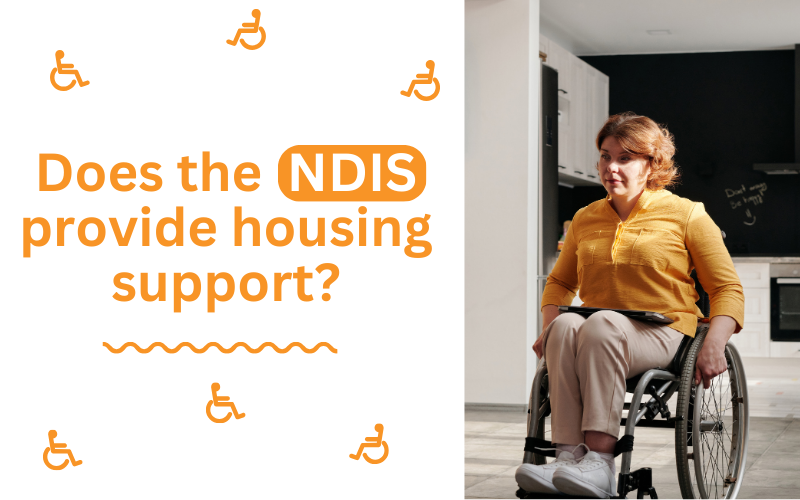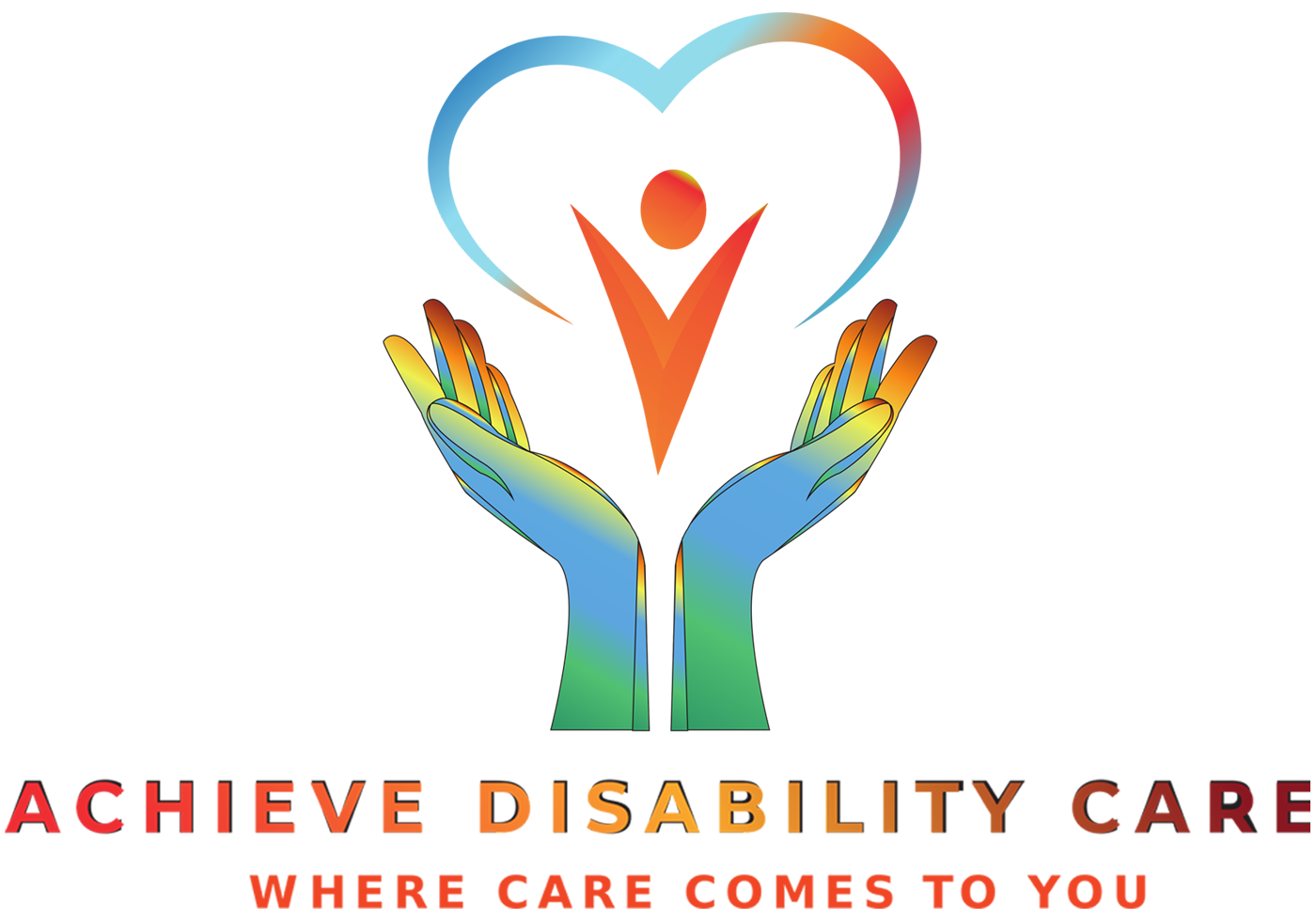38 Dallington crescent Balga WA 6061

NDIS is an initiative by the Government of Australia to promote self-reliance and care amongst people dealing with disabilities. Under this scheme, participants can avail financial support for different activities, depending on their eligibility and plans.
However, does NDIS offer housing support?
Let’s uncover this.
NDIS: Home and Living support
NDIS supports are divided into 3 categories, of which, core supports budgets for assistance with daily life. Now, NDIS does not own any housing facility. However, it provides the funding necessary for home and living support if community, informal, and mainstream support cannot be availed.
NDIS offers assistance in living independently. In the planning phase of NDIS, participants and their families can discuss their assistance needs and living goals. This will help the planner determine the funds and budget for particular assistance needs which can help participants avail housing support.
Now, NDIS offers support in housing. However, it does not offer funds to fund everyday home expenses like grocery, rent, utility, telephone bills, and household items.
Assistance supports Funded by NDIS:
Now, what supports are included if you wish to avail of NDIS housing support ?
Let’s discover that:
- NDIS may provide funding if it helps the participants in capacity building. Now, capacity building assists the participants to live independently in the community, helps them develop life skills, empowers them in household and money management, and aids in developing social and communication skills.
- NDIS may provide funding for home modifications in the participant’s own home.
- NDIS may also provide funding for case-by-case modifications according to patients’ needs in social housing.
- NDIS may provide funding for assistive technologies that can enable the participant to live more independently.
- It provides funding to help participants complete day-to-day tasks and personal care. This includes assistance for showering, grooming and dressing help a participant may need.
- Assistance in a household when the participants’ disability restricts them. This includes help with laundry, cleaning, cooking, etc
- Funding the cost of accommodation in cases where participants require specialized accommodation for their disability.
Housing and living supports and services:
Disability shouldn’t be a barrier. But for people with disability that feels like a case especially when the environment around them isn’t assisting and supporting.
NDIS is making a move to break down the barriers that limit the ability to live independently. It is constantly, through its policies, helping people with disabilities make important decisions: Where to live and with whom to live?
It is no surprise that housing and living arrangements influence the quality of life. It greatly influences the type of community you live in, daily transportation assistance, access to public space and activities, and everything else.
For a person with a disability, a well-designed house in the right locality and community can increase access to informal support and facilitate independent living.
Which accommodation costs are covered by the NDIS?
Now, the most important question is what costs are actually covered and what are the different forms of accommodation one can seek?
Accommodation needs are divided into three segments. Let’s unravel each of these individually:
-
Short Term Accommodation
Short-term accommodation can be availed by participants for either of the two reasons:
-
Respite Care
Respite care helps caregivers and participants get a break from their everyday care routines. When a caretaker is offering care for long, he/she may need some time off.
Respite care offers quality care to participants for a short time. This way caregivers can step out and recharge themselves without having to worry about the quality of care for their loved ones.
Besides, even participants can cherish a change in their everyday routine by getting to interact with people in the community. They can develop social skills and engage in conversations with people facing similar difficulties like them.
Respite care can also be availed at the participant’s private home all while being ensured of quality care.
Respite care is customized for participants’ disability needs.
-
Holiday and social stays
NDIS short-term accommodation funds can be used for short getaways and holidays to help participants engage in the community. We all need a break. Having funding for the stay while you are on a break can be of great relief.
-
Medium Term Accommodation
A medium-term accommodation as the name suggests is for a slightly longer duration than short-term needs. This can be availed in the following cases:
-
Post-hospital care
Certain participants may require medium-term accommodation after certain surgeries and hospitalization. Medium-term accommodation support funds the stay of participants while they are recovering.
Such care is customized to participants’ needs and assistance required.
-
Transition periods
Transitioning from one home to another is difficult even for people with no disability. For a person with a disability, transition periods can bring disruption in everyday care.
Under NDIS you can avail housing support during such periods to get quality, consistent, and stable care, thereby making a participant comfortable with new changes.
-
Long Term Accommodation via SDA
Certain participants may seek long-term accommodation because of their condition or living arrangements. Here are different ways a person can avail long long-term accommodation through SDA.
SDA is a specialist disability accommodation. It offers purpose-built housing to participants by meeting their specific needs. Eligible participants can avail of SDA payments for their needs.
To be eligible for SDA, you must have a severe and permanent disability that demands for personalized housing needs. Under such a situation, a participant can assess various housing options like apartments, houses, and group homes. These accommodations are designed specifically to promote independent living amongst the participants.
Shared living is also a part of SDA. Here, participants with similar needs live together and NDIS would fund essential support services in these places.
Am I eligible?
To be eligible for housing support, here are the following criteria:
- Be an eligible NDIS participant.
- At the stage of planning, inform the planner about your special living arrangement needs. The accommodation needs are assessed and if you are found eligible, it shall be included in your plan.
- To be eligible for SDA, one must have a severe and permanent disability that demands specialized living. Based on the assessment, a person can be eligible for modifications, staff support, and accessibilities.
- If a person is at risk of homelessness and their current living situation is dangerous for their condition, they can be eligible for housing support.
- In certain cases, an individual’s income and assets are assessed to gauge their viability.
Usually, to be eligible for short-term and medium-term accommodation, much is not required. However, eligibility for SDA will undertake assessment at various levels and in varying aspects. Have a look at the NDIS website to get a detailed understanding.
Want to avail housing support on your NDIS policies? Achieve Care Disability is a certified NDIS service provider. Get in touch with us and we shall figure out the best course of action for your disability. Connect now.
